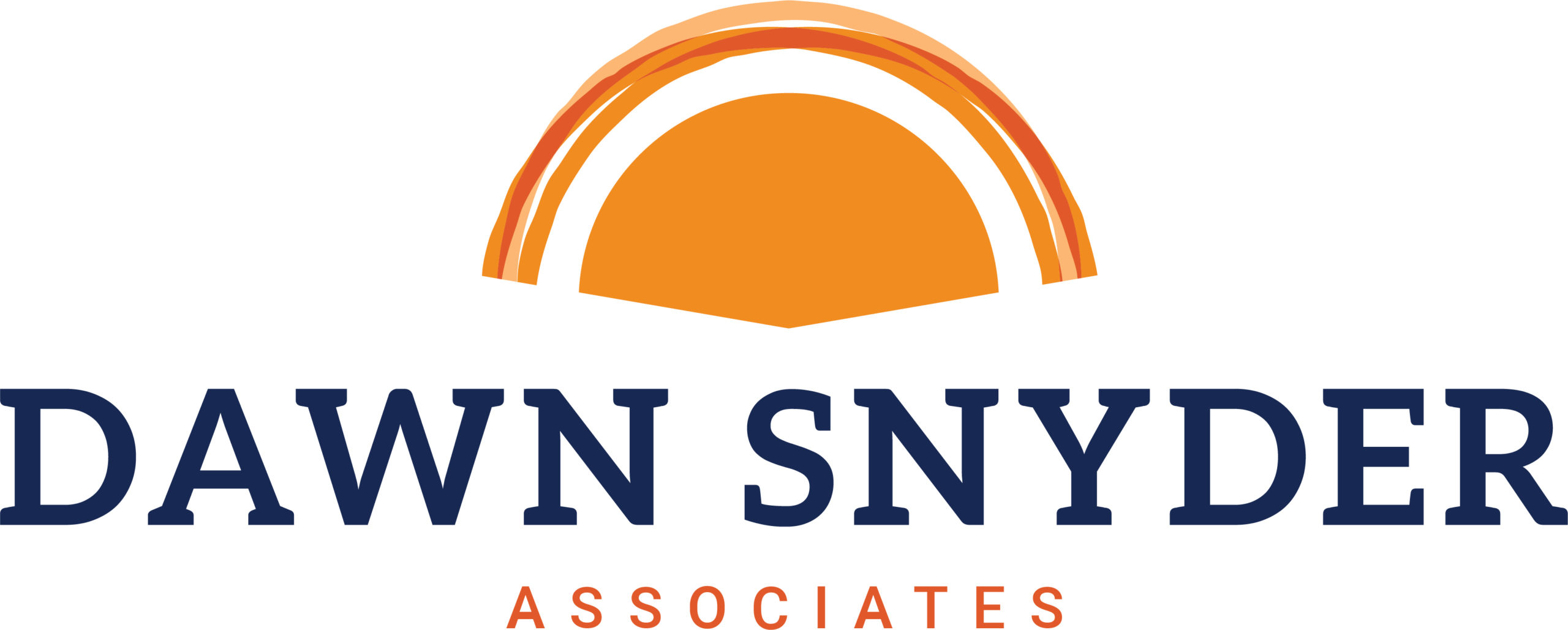As a performance consultant, it’s not enough to be proficient in performance improvement techniques. Whether we work inside or outside an organization, the ability to work with clients and other stakeholders is key to the success of the work that we do. The ability to do that in a remote environment increases the need for us to be intentional about our interventions and the role(s) that we play.
My very favorite consulting principle has its roots in Edgar Schein’s Process Consulting Revisited: Building the Helping Relationship. In this text, he defines process consulting—a model that supports organizational development and learning—as “…the creation of a relationship with the client that permits the client to perceive, understand and act on the process events that occur in the client’s internal and external environment in order to improve the situation as defined by the client” (Schein, 1999, p. 20). In the text, he offers 10 principles of consulting that I have found to be useful. My favorite is this: Everything you do is an intervention.
If you take this principle to heart, you will see the complexity in such a simple statement. If everything you do is an intervention, then you will:
Leverage every meeting and interaction as an opportunity to assess where the client is right now and what you need to bring to the table to move the project forward. What you bring might be as simple as a question for clarification or consideration, a summary of what you are hearing, or a suggestion for a next step. It can be more complex and considered as well: an article for benchmarking, results from research, an invitation to a different type of interaction.
Consider how you bring information to the client/team. What do they need to see, hear, feel in order to make decisions and to collaborate effectively? What types of information can they process? For me, this often translates into terrible graphics that I create to illustrate relationships to support further discussion or a short written summary to capture ideas, similarities and differences in perspectives, or important agreements about how to move forward.
You also need to be sensitive to what role you need to play in this moment—the expert? The trainer? The facilitator? The coach? And during the height of the pandemic, sometimes, simply the friend? The more fluent you are with the behaviors for each of these roles and the ability to diagnose and bring that role to the team, the more the project will progress. Being mindful of your role and using language to let the team know where you’re coming from is part of this competency.
In addition, you need to consider how you present yourself and your brand. You may still need your consulting wardrobe and accessories. However, the contemporary considerations for a polished appearance in remote engagements include clear audio and video, backgrounds that do not distract, and well as your ability to use online synchronous and asynchronous tools effectively to facilitate information presentation, discussion and decision-making.
This principle is about showing up and figuring out what to do. And, yes, this principle is applicable to leadership, to parenting, to friendship—anything in which we engage with a purpose to improve. Everything you do, after all, is an intervention.
Schein, E.H. (1999). Process Consultation Revisited: Building the Helping Relationship. Addison-Wesley.
